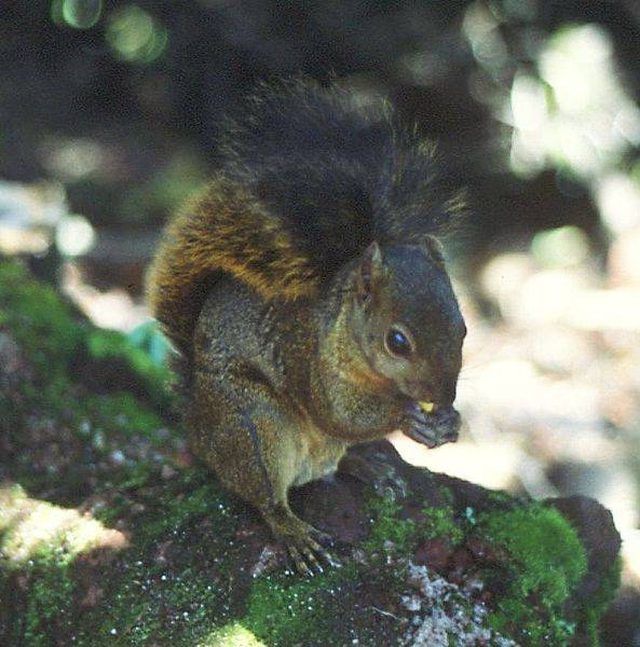Bulbs
Flower Basics
Flower Beds & Specialty Gardens
Flower Garden
Garden Furniture
Garden Gnomes
Garden Seeds
Garden Sheds
Garden Statues
Garden Tools & Supplies
Gardening Basics
Green & Organic
Groundcovers & Vines
Growing Annuals
Growing Basil
Growing Beans
Growing Berries
Growing Blueberries
Growing Cactus
Growing Corn
Growing Cotton
Growing Edibles
Growing Flowers
Growing Garlic
Growing Grapes
Growing Grass
Growing Herbs
Growing Jasmine
Growing Mint
Growing Mushrooms
Orchids
Growing Peanuts
Growing Perennials
Growing Plants
Growing Rosemary
Growing Roses
Growing Strawberries
Growing Sunflowers
Growing Thyme
Growing Tomatoes
Growing Tulips
Growing Vegetables
Herb Basics
Herb Garden
Indoor Growing
Landscaping Basics
Landscaping Patios
Landscaping Plants
Landscaping Shrubs
Landscaping Trees
Landscaping Walks & Pathways
Lawn Basics
Lawn Maintenance
Lawn Mowers
Lawn Ornaments
Lawn Planting
Lawn Tools
Outdoor Growing
Overall Landscape Planning
Pests, Weeds & Problems
Plant Basics
Rock Garden
Rose Garden
Shrubs
Soil
Specialty Gardens
Trees
Vegetable Garden
Yard Maintenance
How to Get Rid of Squirrels in a Garden
How to Get Rid of Squirrels in a Garden. Though some people may consider them adorable wildlife, squirrels can also be major pests when it comes to your lawn and garden. They can be a troublesome source of noise, damage, and even pose certain health hazards. Luckily, effectively reducing and eliminating the presence of these pesky creatures on your...

Though some people may consider them adorable wildlife, squirrels can also be major pests when it comes to your lawn and garden. They can be a troublesome source of noise, damage, and even pose certain health hazards. Luckily, effectively reducing and eliminating the presence of these pesky creatures on your outdoor property can be achieved through a few quick and relatively inexpensive tactics.
Replace any bird feeders near your garden with squirrel-proof versions. One of the biggest attractors of squirrels to yards is bird feeders that they can access food from, keeping them in your area and depriving your local birds of the feed you've supplied for them. Specially made feeders that only the birds can access are available at most home and garden supply stores.
Remove or block any obvious food sources. After taking care of bird feeders, look to other potential problems like trash cans containing kitchen rubbish, nut trees, and gardens (squirrels will go after plant bulbs and seeds). Keep trash cans covered (and weighted down, if need be), cover vulnerable plants and garden beds with chicken wire, and collect all fallen nuts and acorns from trees.
Place squirrel repellents in near your garden. These can also be purchased from home and garden stores and rely on spicy scents (such as cayenne and white pepper) or products that imitate the smell of predator urine, indicating to the squirrel that danger is nearby.
Let your cat or dog chase the pests on occasion. This will likely encourage the squirrels to avoid your lawn in favor of more predator-free areas. Make sure to keep your pet from actually coming into contact with the squirrel (squirrels can carry diseases or parasites that could be transferred to your pet), or you can also simply try chasing them yourself.
Use a squirrel trap. If other methods of keeping squirrels out won't deter particularly bold pests, a small steel-door mammal trap (usually designed for both squirrels and rabbits) will allow you to catch and release squirrels without harming them. Just be sure to release the squirrel in a wilderness location that's at least a mile or two away from your home in order to prevent its returning to your property.